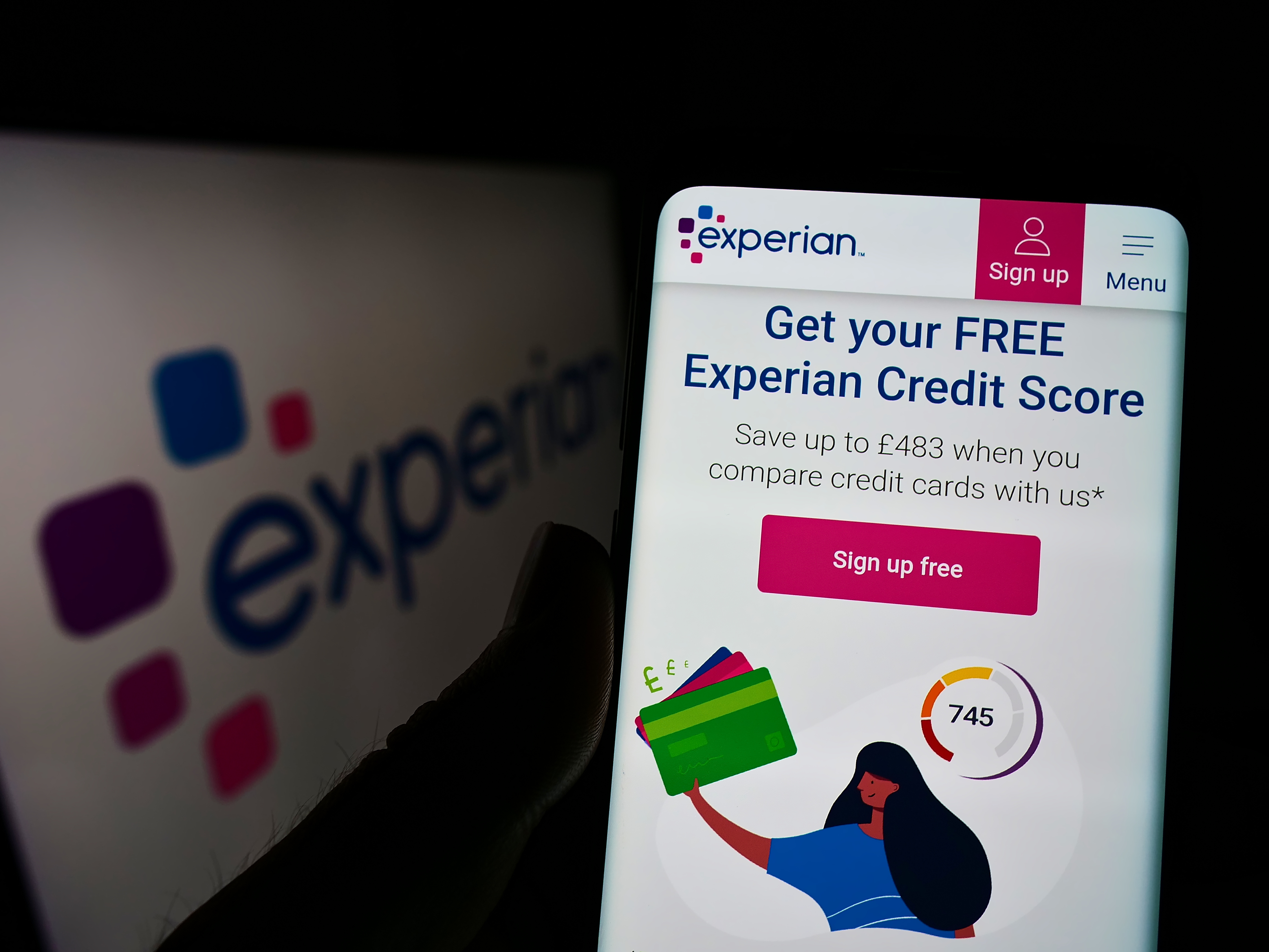A business credit report is a detailed summary of a company’s financial status and creditworthiness. It includes key details such as payment history, credit inquiries, legal filings, and a company’s credit score. This score is often the first thing lenders and potential partners review when making decisions about extending credit, including offering business credit cards, as well as determining the terms and interest rates.
A strong business credit report can help secure better financing options and more favorable terms, while a poor report might limit access to credit or result in higher interest rates. Additionally, maintaining a good credit report can enhance your company’s reputation, making it easier to form partnerships and build trust with suppliers. Regularly monitoring and improving your business credit report can ultimately give you a competitive advantage in the marketplace.
Why is an Experian business credit report important?
A business credit report is an overview of a business's financial information and credit worthiness. It’s a quick view of things like payment history, credit inquiries, and legal filings, plus a company’s credit score. This score is what lenders and other businesses see first and can use to make decisions about extending credit (including business credit cards) and what rates to offer.
Business credit scores and small businesses
A new business will have very little reported on its credit report. It takes time to build good credit. But a small business owner generally can’t afford to have anything but good business credit. So, every entry and every number matters. This can help with that all-important first line of financing for expansion or other business growth opportunities.
The business credit score and credit profile are based on various sources. This will always include obligatory reporting from suppliers and lenders (things like late payments, days beyond terms, and payment trends), any court filings about the company, tax liens, ucc filings, and company information retrieved from sources like public records, collection agencies, and even marketing databases.
Experian business credit score vs. Equifax
Dun & Bradstreet (D&B), Experian, and Equifax are considered the ‘big three’ business credit reporting agencies in the US that document a business’s financial health. D&B exclusively reports on businesses, but Experian and Equifax monitor business and personal credit reports.
Experian’s business credit score ranges from 0 to 100, with 80-100 considered excellent credit. They also provide a Financial Stability Risk Rating that’s a number from 1 to 5 that suggests a company’s risk level of going into severe financial distress or bankruptcy in the next 12 months. The lower the rating, the lower the risk.
Equifax provides a business credit risk score of 101 to 992 that predicts the risk of having a 90 days of severe delinquency in the next 12 months. A higher score means higher risk. They also have a separate business failure score ranging from 1000 to 1610.
FICO, business loans, and personal credit scores—what business owners need to know
While a business owner’s personal credit score can impact their business credit score, there are some differences between the two. Personal credit reports are similar because they all collect the same information. Almost all lenders will look at an individual’s FICO score and credit report, but this isn’t the case for business loans.
But business lenders might only report to one of the major business credit bureaus—even if a business deals with them for years. So, business credit reports can vary substantially between bureaus. Also, there aren’t laws requiring bureaus to provide businesses with reports for free. So, business owners may need to request and pay for reports from each bureau.
Many business owners run into challenges when they need to offer their customers credit/net terms while struggling with cash flow themselves. Resolve is a fintech company that offers embedded credit and risk management, freeing up companies to build their own credit rating while meeting the needs of their B2B customers. Resolve’s guide to choosing the right B2B credit management system is a useful resource.
How to read a business credit report
A business credit report will likely contain:
- business profile/business information (including subsidiaries, number of employees, and sic)
- tradeline payment history,
- commercial financial history and credit utilization,
- legal filings, bankruptcies and collections,
- and the business credit score.
The first four items should be clear and accurate. If a business owner sees any discrepancies, these should be reported immediately and followed up on to ensure they are corrected. Since these items all contribute to the credit score, any errors may lower the credit score unnecessarily.
Note: tradelines are open accounts held with a supplier or a vendor. These are often called net terms agreements or something similar. Businesses that offer customers accounts report the credit information of these accounts to credit reporting companies. Often, businesses are on both sides of this equation, having customers they offer net terms/financing to, and having their own supplier accounts with payment terms. Archipelago Lighting is one company that’s mastered this balance.
The final item is a little trickier to read because each credit reporting company uses an undisclosed formula to come up with the number. They also call it different things. Dun & Bradstreet (D&B) call it a PAYDEX® score (and they also include a D&B rating, a delinquency score, a failure score, and a viability rating), Experian gives a credit ranking and intelliscore plus, Equifax gives a business credit risk score and business failure score, and FICO Small Business Scoring ServiceSM (SBSSSM) calls their credit score an SBSSSM score.
Each credit reporting agency will explain where the business’ score fits on its scale of higher risk to lower risk. This is a business owners’ indication of how their company will be perceived by other lenders or financers. It’s helpful to track the credit report and subsequent score regularly (at least every quarter) to monitor how the company’s financials are being reported.






